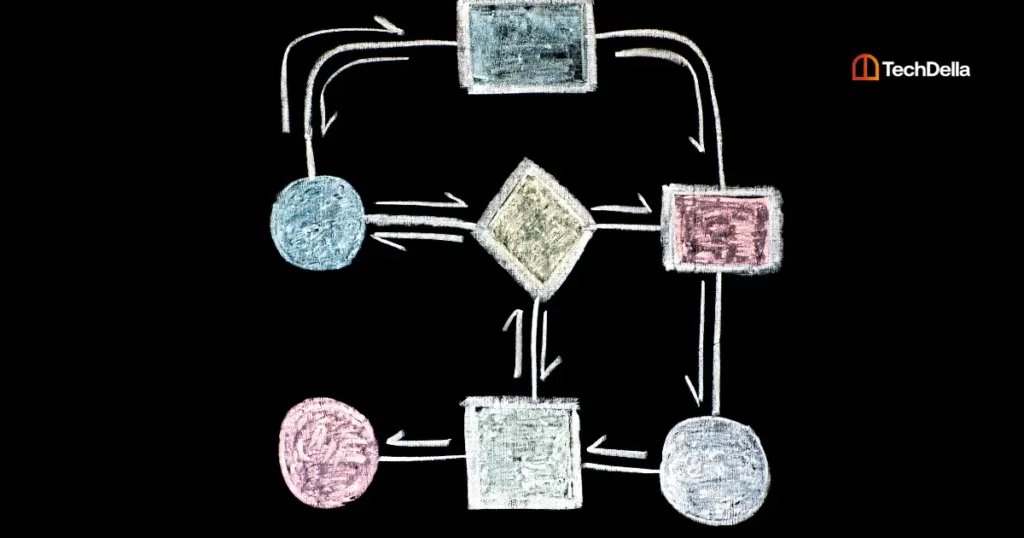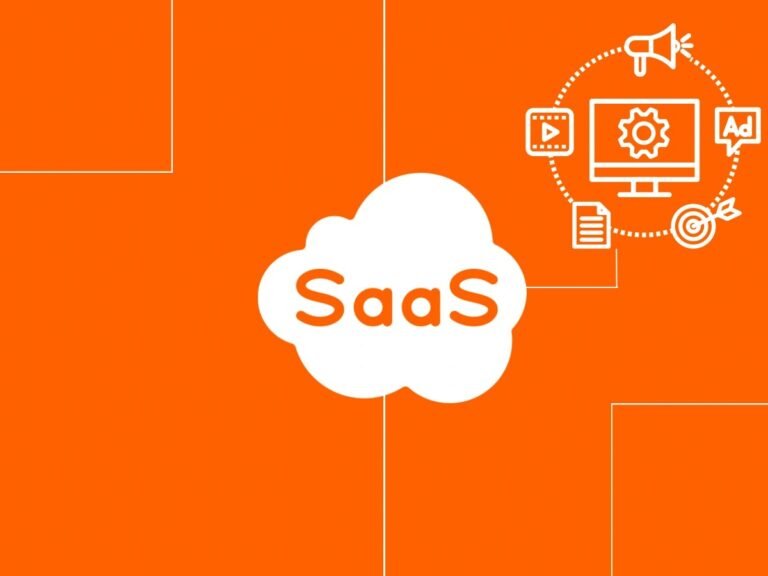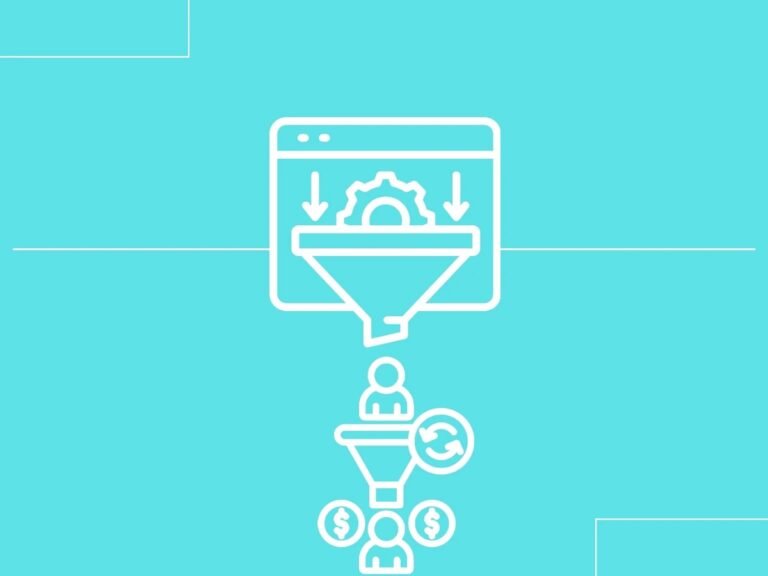
Gone are the days when a business owner is the jack of all trades. Ancient times, they call it, were when you had to do everything by yourself. It is no longer possible to do that today. The business world is now more competitive because of resource maximization. But technology has made things easier, leading to the inception of e-commerce. That’s where marketing automation comes in. It can take care of repetitive processes and let the focus be on what matters: growth.
What is Marketing Automation?
Marketing automation is the use of software to make marketing predictable and reliable; it sends emails, and posts to social media, runs ad campaigns, and so on. Marketing automation helps startups smoothen the flow of customer interaction and manage leads continuously in the sales cycle.
Marketers who use automation are 46% more likely to report having an effective marketing strategy. This means all the timely personalized marketing messages can be delivered to customers through automation, not manual effort. Their engagements can also be tracked and matched with the campaign’s performance analysis.
How Important is Marketing Automation in Scaling Your Startup?
Startups, by nature, possess limited resources, be it a lack of time, money, or even manpower. Scaling in business means optimally using those resources to reach more customers, engage them, and sell even more. Marketing automation helps reach such objectives by:
1. Maximizing Efficiency
As soon as your startup begins its growth trajectory, keeping up with marketing tasks by hand can become somewhat cumbersome. Marketing automation lets you automate routine tasks like sending welcome emails, follow-ups, or posting status updates on social media making one free to undertake more strategic work.
With that, the team can have more time to do creative projects that require strategic planning and high-order thinking as most minute details will be taken care of by automation.
2. Lead Nurturing
With a growing startup, lead generation is just the beginning of winning in business. The real challenge is how you will nurture those leads toward paying customers. Automation software empowers you to build your personalized, multi-touch campaigns. This might help move prospects with consistency through the buying journey.
Lead quantity rose by 80% for those using marketing automation. Marketing automation enhances lead nurturing through personalized messaging, timely follow-ups, and customer segmentation. This way you’ll be able to convert more leads efficiently and improve your overall sales funnel performance.
3. Improved Customer Retention

Acquiring new customers is good but retaining existing ones is better for sustainable growth. Marketing automation helps to improve customer retention by building long-term relationships with your clients and sustaining engagement beyond the purchase.
Automated post-purchase emails, satisfaction surveys, or loyalty program reminders can keep customers coming back. Besides that, the automation tool will enable you to segment your customer base and deliver personalized offers or content that best fits their interests, further increasing retention.
4. Scaling of Outreach Efforts
Manual marketing is greatly limiting because there is only so much outreach a small team can handle. Marketing automation enables you to scale your outreach and marketing campaigns with much ease through the following strategies;
Email Campaigns: Instead of sending manual emails to hundreds of subscribers, automation enables you to send a personalized message to thousands of contacts in just minutes.
Social Media Scheduling: Automate scheduling and posting of your content on multiple social media platforms so that audience engagement is regular and does not require a full-time social media manager.
Ad Campaign Automation: You can effectively use Google Ads, Facebook Ads, etc., to automate targeting, bidding, and ad delivery for ease of management of paid ad campaigns at scale.
5. Data-Driven Decision Making
Another very valid reason for embracing marketing automation is to understand how your campaigns are performing. Most automation platforms have built-in analytics and reporting which gives you a sense of what’s working and what isn’t. You can leverage this data to measure campaign effectiveness, optimize marketing strategies, and identify growth opportunities.
How to Implement Marketing Automation at Your Startup
Having learnt why marketing automation is important for scaling up your startup, let’s look at how you do it effectively.
1. Choosing the Right Marketing Automation Tools
First, choose an automation tool that fits perfectly into your business. Some famous alternatives include Hubspot, MailChimp, Hootsuite and Buffer. Assess which one works for your startup: email marketing, social media management, or CRM integration.
Most automation platforms offer free trials, so use this opportunity to test the features before becoming a subscriber.
2. Map Out Your Customer Journey
Automation can best be utilized if you know your customer’s journey, right from acquiring a lead to conversion and beyond. You can identify key touch points in this mapping where automation can help enhance the customer experience.
For example, suppose a new lead has signed up for your newsletter. In that case, the mapping of an automated journey will look something like this:
- Day 1: Welcome email to introduce your brand.
- Day 3: Follow-up email with a special offer or discount.
- Day 7: Email a success story or testimonial to build trust.
- Day 10: A product recommendation email based on their browsing behaviour.
By mapping these interactions, you can be sure your marketing automation is aligned with the needs of the customer along the journey.
3. Set Up Workflows

Workflows form the backbone of marketing automation. These are sets of predefined sequences of emails, messages, or actions activated by a particular user behaviour; for instance, signing up to attend a webinar, or making a purchase, among others. Some common automated workflows will include:
Welcome Series: A set of emails that welcome new subscribers, introduce your brand and further encourage engagement.
Abandoned Cart Reminders: An email is sent to customers in case a customer adds an item to the cart and never completes the purchase of the product.
Lead Nurturing Campaigns: Automated email programs that nurture leads through educative emails until a prospect is conversion-ready.
In other words, making workflows effective requires personalization. The more relevant and targeted the automated messages are sent, the better the chances of converting leads into customers.
4. Optimize for Personalization
Automation doesn’t mean your marketing should feel robotic. If anything, quite the contrary. Automation lets you deliver very personal experiences en masse. Here’s how you might personalize your marketing automation:
Segment Your Audience: Segment your email list into small portions by purchase history, behaviours, or location. This will make sending targeted messages to each of these groups easy.
Use Dynamic Content: Automation software such as HubSpot and ActiveCampaign will enable the creation of dynamic content that changes with regard to the recipients based on preference or interaction with your brand.
A/B Test Your Campaigns: Sometimes test different subject lines, content, and CTAs to see what works best with your audience.
Personalization can greatly help in opening up rates, click-through rates, and conversion rates. Due to that, personalization can’t be avoided in an automation strategy.
Conclusion
Scaling your startup requires efficiency, strategic planning, and data-driven decisions which marketing automation supports. Automation of routine tasks, better nurturing of leads, and delivery of personalized experiences will create more opportunities and grow your business without overloading your team.
You should know that marketing automation is not a one-size-fits-all approach. The right set of tools must be chosen, and proper workflow customizations and continuous performance analysis are given to yield the best results.
In this way, with the right strategies of automation, your startup will be more confident in scaling efficiently and sustainably.




